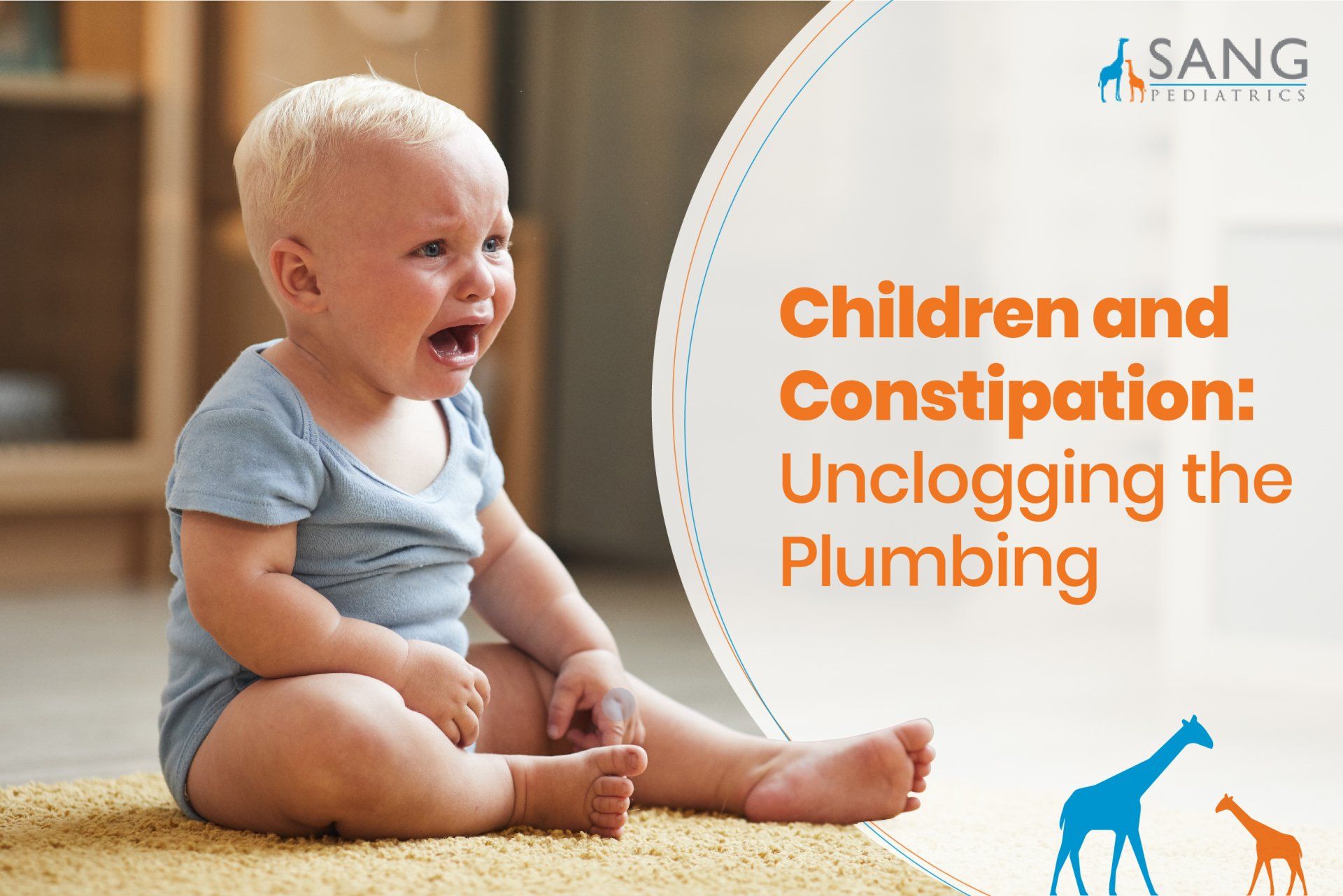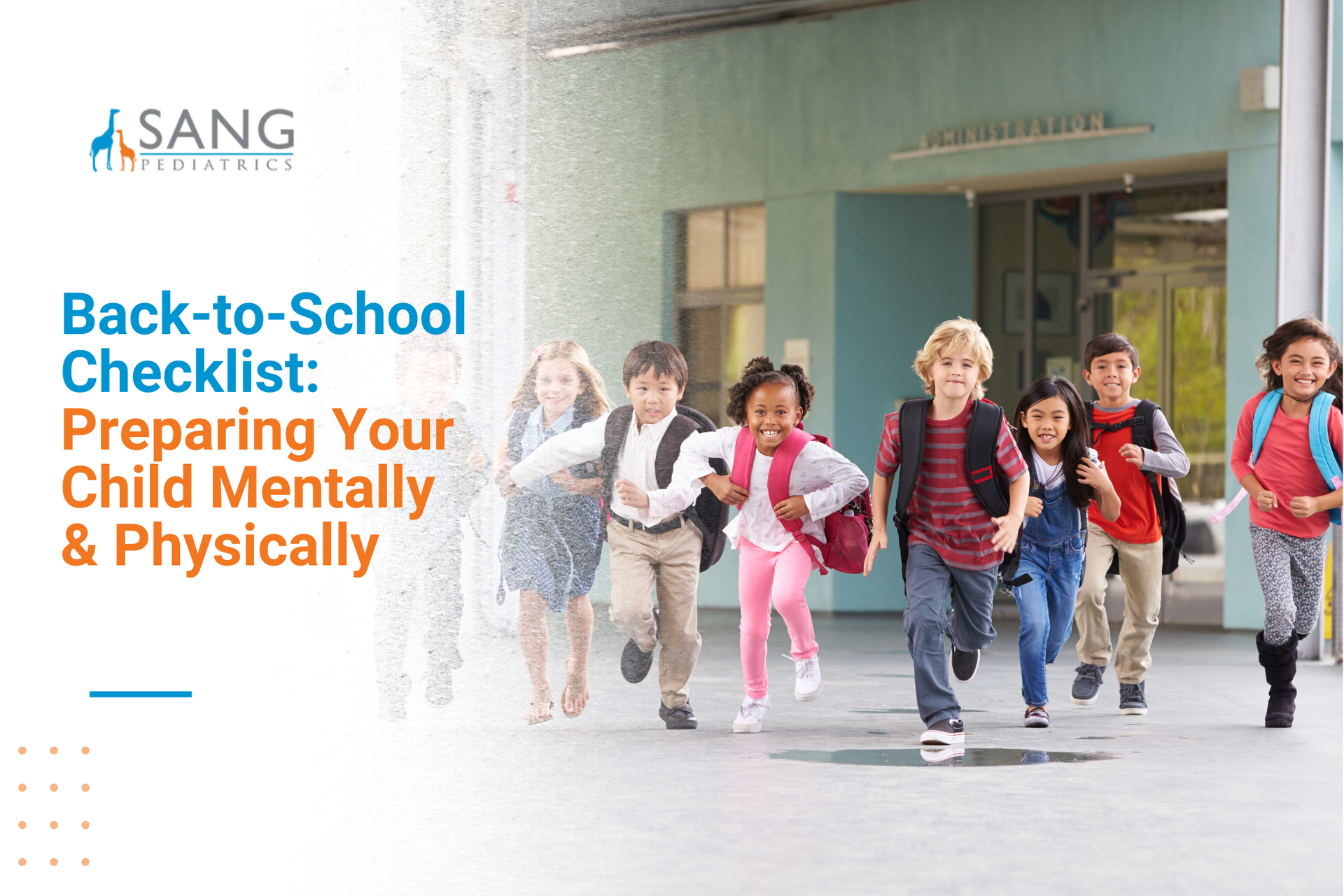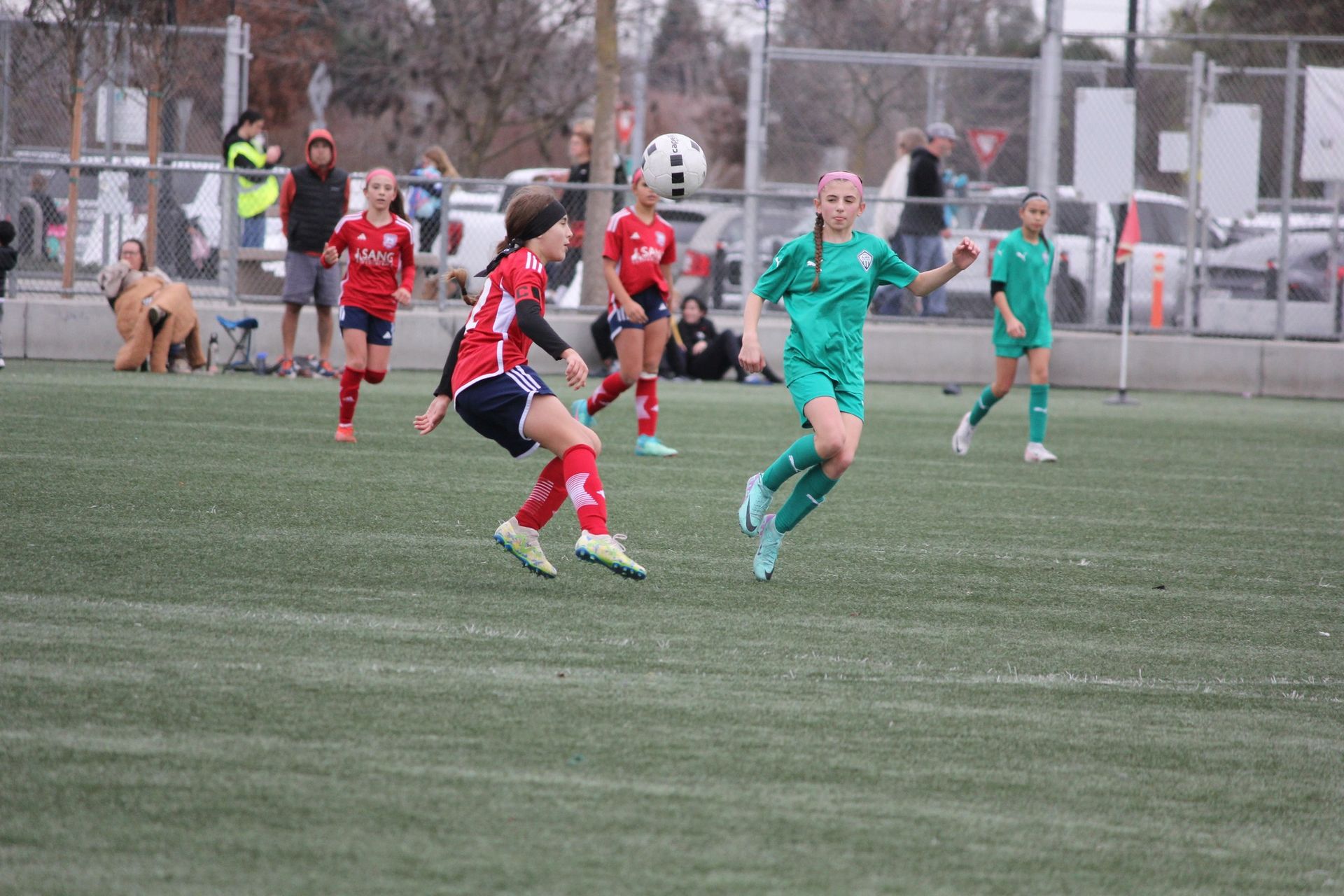Children and Constipation: Unclogging the Plumbing

Constipation is a common gastrointestinal problem among children. The condition involves a disruption in the regular bowel movements, in which stool moves too slowly through the digestive tract, resulting in fewer bowel movements that are hard, dry, or painful. Although it causes a great deal of discomfort in children and babies, most cases are temporary and easy to treat.
This blog will discuss constipation causes, signs, and the types of measures you can take before it becomes more serious.
What Causes Constipation in Babies and Children?
Constipation in children during early childhood is normal, which mainly occurs when they are potty training. On the other hand, for a formula-fed or breastfed baby, constipation occurs once they start eating solid foods. Moreover, constipation can also develop after a child experiences an uncomfortable or painful bowel movement.
Below are other reasons why children can suffer from constipation:
- Stress is a cause of constipation. Researchers have shown that emotional distress can impact the gut and lead to constipation and diarrhea, among other conditions.
- Poor diet with insufficient water and fiber. When kids consume a lot of processed foods, white bread, cheese, and meats, they are more prone to constipation.
- Holding back stools. Children may ignore their urge to go to the bathroom because they are afraid of the restroom or don't want to stop playing.
- Illness. When your child is sick and loses his appetite, a change in his diet may upset his digestive system and cause constipation. Several medical conditions may also prevent an easy passing of stool like celiac disease, disorders that affect the brain and spine, or the presence of tumors or blockages in the colon or rectum, etc.
- Dehydration. If your child doesn't drink enough water each day, their poop can be hard and dry, making it difficult for them to pass stool.
- Milk Intolerance. Children with sensitivities to milk proteins can also develop constipation from dairy products like fresh milk, cheese, or ice cream. Children under age 3 are especially likely to experience food allergies to dairy. Fortunately, this sensitivity usually fades over time.
What Are the Signs and Symptoms of Constipation?
Constipation symptoms in infants and children are generally the same as those in adults. Because babies and children can't communicate with you about how they feel, you have to be aware of their bowel movements to identify irregularities. Here are the signs and symptoms of constipation to watch out for:
• Having fewer than three bowel movements per week
• Dry stools that are hard to pass
• Stool is either hard and large or maybe small pellets that resemble rabbit droppings or nuts
• Pain when passing stools
• Fissures from rectal bleeding
• A lack of appetite
• Stomach pain, nausea, or cramping
• Bloating
• Liquid or pasty stool smears in their underwear (a sign that stool is stuck in their rectum)
• Blood on a hard stool
• Flatulence or passing gas
• Your child is grumpy and irritable
• Soiling their pants (for those who are currently having severe constipation)
•Other signs of discomfort from constipation may include crouching, fidgeting, squatting, crossing legs, and making faces
Constipation Treatment and Preventive Measures
Constipation may worsen without treatment. As stool stays longer inside the lower intestine, it becomes bigger, firmer, and harder. When this happens, it is more difficult and painful to pass stool. Like any other illness, the best way to avoid constipation is to take preventive measures. Here are the steps in preventing and treating constipation
Provide fiber-rich foods to your child
The consumption of high-fiber foods can prevent constipation. Since we can't digest fiber, it moves the bowels along, which helps keep the intestines clean. Prepare foods such as fruits, vegetables, beans, whole-grain bread, and cereals (without added sugar). To prevent gas and bloating, start your child on a high-fiber diet by just adding a few grams of fiber per day.
Make sure your child drinks plenty of fluids
Water and other liquids ease stool passage through the intestines. The average school-age child needs about 3 to 4 glasses of water each day. Apart from water, you can give high fiber fluids like prunes, apples, and pear juices. For babies transitioning from breast milk to solid foods, you can give them 2-4 ounces of apple and pear juice a day. Don't give prune juice to babies six months and below as it has a natural bowel irritant.
Get your kids enough exercise
Physical activities stimulate digestion and prevent constipation. Playing catch, riding bikes, walking the dog, and basketball are all effective ways of getting exercise.
Establish a toilet routine
Set aside regular time after meals for your child to use the toilet. If necessary, provide your child with a footstool to make them comfortable on the toilet and release the stool with ease. Get your child to sit on the toilet for at least 10 minutes two to three times daily. Ideally, you should do this 30 -60 minutes after eating. Make this experience as enjoyable as possible. Be patient with your child if he doesn't have a bowel movement. To make it fun, implement a reward system. You can also put a book or a toy he can fidget with.
Position to Ease Passing of Stool
Getting into a squatting position allows stool release faster and with less strain. Generally, a footstool is needed for children who sit on the toilet.
Warm Baths and Gentle Tummy Massage
Warm baths and gentle tummy massage can help relax the rectum muscles and make it easier for your child to pass stools.
Apply petroleum jelly
You can apply a thin layer of Vaseline or petroleum jelly around the anus if your child is constipated. Not only will lubrication ease passage, but the extra stimulation may also induce a bowel movement. Also, if constipation has resulted in fissures, dab a little diaper cream on them to promote healing.
When To Consult a Doctor
Children's constipation usually isn't severe. Your child's doctor may need to run some tests before recommending a treatment. Doctors may need to take lab testing, x-rays, and colonoscopy, for example. The majority of the time, tests are not required.
However, chronic constipation may lead to complications, or constipation may indicate other underlying medical conditions like hypothyroidism,
Hirschsprung's disease, irritable bowel syndrome, or cystic fibrosis.
Contact your pediatrician if your child experiences constipation for more than two weeks or if the following symptoms are present. Your child's doctor may be able to prescribe laxatives to treat constipation. Please do not give your child enema, laxatives, or stool softeners unless the healthcare provider recommends it.
- Not eating
- Having trouble walking
- High fever
- Swelling in the abdomen
- Pain during bowel movements
- Bloody stools
- Sudden Weight loss
- Rectal Prolapse- Part of the intestine sticking out of the anus
Seek Constipation Diagnosis and Treatment with Sang Pediatrics
Constipation can be short-term or long-term (chronic). Chronic constipation can affect children with intestinal diseases. However, most cases of constipation are short-term. Chronic constipation requires medical treatment. When you are worried about your child's constipation, always seek advice from their doctor.
Sang Pediatrics will determine the
best treatment plan for your child and guide you and your child toward better digestive and overall good health. Get in touch with
Sang Pediatrics if your child is experiencing constipation or other digestive system issues. Call (559) 268-1737 or book an appointment today!












